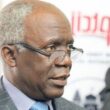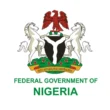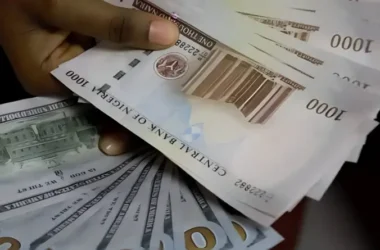The Central Bank of Nigeria (CBN) has made a significant intervention in the foreign exchange market, injecting $197.71 million to stabilize the naira. The move, which took place on Friday, April 4, 2025, comes as part of the bank’s ongoing efforts to ensure adequate liquidity and maintain the smooth functioning of the foreign exchange market.
Dr. Omolara Omotunde-Duke, the Director of the Financial Markets Department at the CBN, provided details about the intervention in a statement issued on Saturday. She reaffirmed the bank’s commitment to upholding market integrity and transparency, ensuring that the foreign exchange market operates effectively.
“In line with its commitment to ensuring adequate liquidity and supporting orderly market functioning, the CBN facilitated market activity on Friday, April 4, 2025, with the provision of $197.71 million through sales to authorised dealers. This measured step aligns with the bank’s broader objective of fostering a stable, transparent, and efficient foreign exchange market,” the statement read.
The central bank also noted that this intervention was crucial in sustaining liquidity levels in the market, particularly amid the ongoing global economic shifts. These global changes have impacted numerous emerging markets, including Nigeria.
One significant factor affecting Nigeria’s foreign exchange market is the recent tariff increases imposed by the United States on goods from various economies, which have had ripple effects on international trade and market behavior. Additionally, the recent drop in crude oil prices, which fell by over 12 percent to approximately $65.50 per barrel, has also placed pressure on Nigeria’s economy. As an oil-exporting nation, the country is highly sensitive to fluctuations in global oil prices, and this downturn has influenced both exchange rates and market sentiment.
The CBN expressed its commitment to continue monitoring both global and domestic market conditions. It emphasized confidence in Nigeria’s foreign exchange framework, which is designed to adapt to changing economic fundamentals.
The bank also urged authorized dealers to follow the Nigerian FX Market Code strictly, ensuring transparency and maintaining high standards in their dealings with clients and other market participants.
In terms of exchange rate movements, the report noted that Nigeria’s official exchange rate stood at N1,600 to $1 at the close of trading on April 4, 2025. This marked a 1.9 percent depreciation from the previous day’s rate of N1,569/$1. The depreciation was a continuation of a broader trend that has seen the naira weaken by 3.9 percent in the first four days of April. The exchange rate now stands at the weakest level since December 4, 2024, when it was N1,608 to $1.
The exchange rate fluctuations have been significant, with intra-day highs and lows ranging between N1,625 and N1,519 to the dollar. The high of N1,625 represents one of the weakest levels of the naira this year, reflecting concerns among traders about the currency’s stability. On the other hand, the low of N1,519 suggests that some traders still have confidence in short-term interventions that could strengthen the naira in the near future.
As of the close of trading, the NFEM (Nigerian Foreign Exchange Market) rate, which reflects the average exchange rate, stood at N1,567 to $1. This represents the weakest level for the naira this year and since December 2024, highlighting the continued pressures facing Nigeria’s foreign exchange market.









